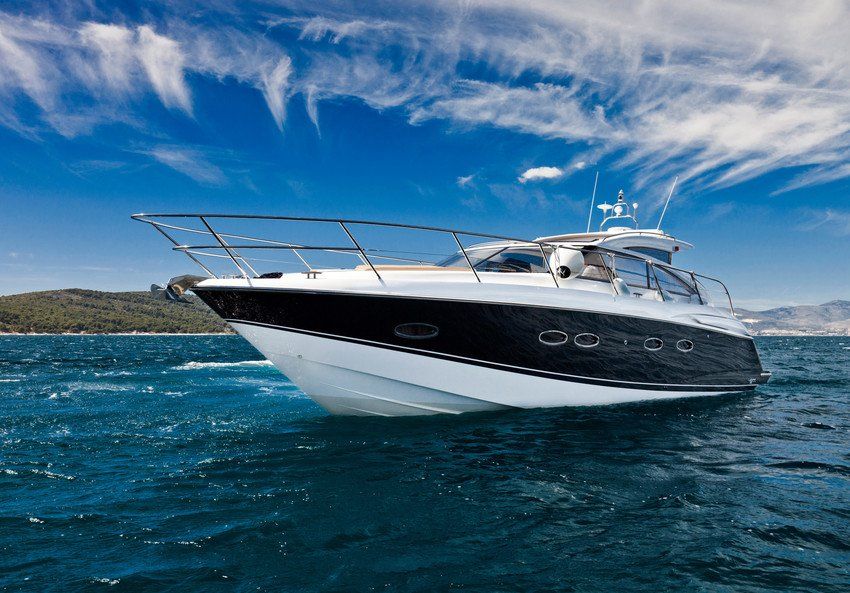Fire Prevention on Boats
Fire safety on board a ship is extremely important because it is much harder for emergency services to reach you and extinguish the fire. Therefore, it’s vital you take the appropriate precautions to keep you and everyone else on the boat safe. Here’s how you can reduce the risk of fire, whether at sea or when your boat is docked at the marina.
Common causes of boat fires
Fires on boats could be caused by a range of things so it’s important to be aware of the common causes of fire on boats. These include:
- Smoking below decks
- Galley cookers
- The build-up of butane or propane gas in the bilges
- Faulty wiring
- Petrol/gasoline vapour in the engine bay
- Flammable paints and solvents
Boat fires can also be caused by electrical faults, shore power surges, overheating in the engine room or the engine cooling system not functioning properly.
How to prevent boat fires
Install a smoke alarm
A good fire detection system will be the difference between life and death. You should contact a professional fire protection company with extensive knowledge of boat fire prevention. They will be able to recommend the best alarm system for your boat that will give you enough time to escape or alert the emergency services.
Install Carbon Monoxide (CO) and gas detectors
Another vital part of a fire detection system is a carbon monoxide and gas detector. A CO detector will alert you to poisonous carbon monoxide on your boat.
You also need to take the following precautions:
- Fit a suitable audible carbon monoxide alarm
- If you have a Kite-marked alarm, tested to BS EN 50291, or 50291-1, keep it, test it routinely and when it needs replacing, choose a unit tested to BS EN 50291-2.
- Fit the bubble type leak detector in the gas locker
- Push the detector button routinely to check for leaks in the gas system
Electrical safety
Electrical safety is also very important on a boat so follow these steps:
- Check for the British or European safety mark when buying electrical goods
- Use a trained marine electrician to install and service electrical items on your boat
- Take care not to overload your adaptors - keep to one per socket and use the right fuse or circuit breaker to avoid overheating.
Fuel fires
Fuel is integral to most boats functioning so if you have it on board, it’s important to take precautions to ensure safety.
- If you are carrying extra fuel, always store it on the upper deck
- Before refuelling, stop the engine and extinguish all smoking materials and naked flames
- Make sure to release air and gas from tanks directly overboard and fuel lines have a direct shut-off valve that works
Thameside Fire Protection is a fire safety company providing marine fire protection for all types of boats. Whether you’re heading out for a quick cruise or setting off on an extended voyage, we can ensure you have adequate fire protection onboard to remain safe throughout your journey. For more information,
visit our website.


